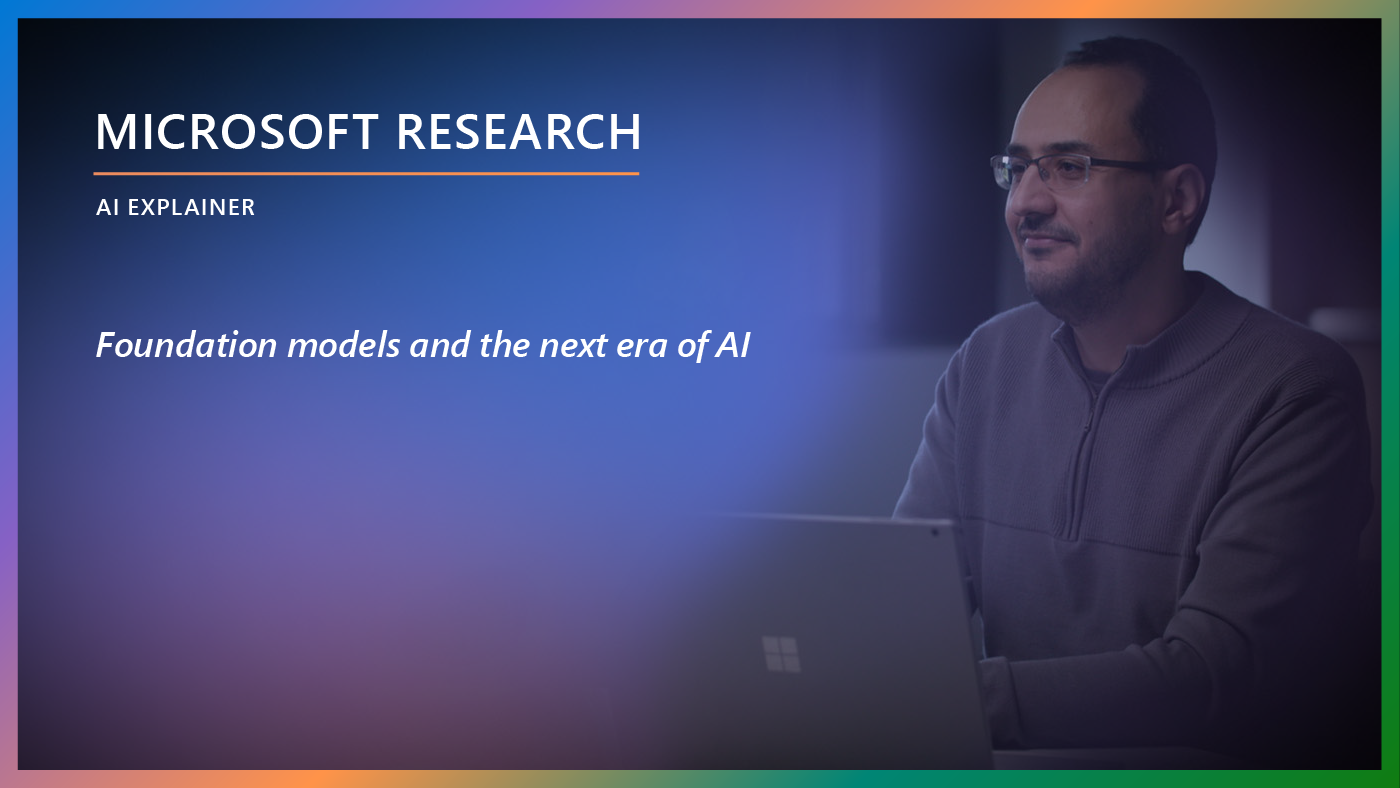On October 5, 2011, on the stately campus of the University of Edinburgh, Sir Tim O’Shea (opens in new tab), principal of the University of Edinburgh, and Rick Rashid (opens in new tab), chief research officer of Microsoft Research, officially inaugurated a significant joint initiative in informatics. It was standing room only in a crowded lecture hall as Rick delivered a Distinguished Lecture on the topic, “It’s a Data Driven World—Get Over It.”

Rick Rashid and Andy Gordon with the supervisors of the first group of PhD students in the joint initiative. From left to right: Stratis Viglas, Charles Sutton, Guido Sanguinetti, Rick Rashid, Amos Storkey, Jane Hillston, Andy Gordon
Spotlight: On-demand video
The new initiative brings together researchers from two of Europe’s leading centers in informatics: the University of Edinburgh’s School of Informatics (opens in new tab) (the UK’s largest and foremost (opens in new tab) university research center in informatics), and Microsoft Research Cambridge (opens in new tab). It builds on the deep intellectual ties between the two institutions—ties that include research into programming languages and semantics, bioinformatics, machine learning, computer vision, natural-language processing, and security. Microsoft Research Cambridge’s Managing Director Andrew Blake (opens in new tab), Distinguished Scientist Christopher Bishop (opens in new tab), and Principal Researcher Andy Gordon (opens in new tab) all hold part-time professorships. University of Edinburgh faculty members—including Paul Anderson, David Aspinall, Gordon Plotkin, David Robertson, Sethu Vijayakumar, and Bonnie Webber—have received funding for PhD scholarships and senior fellowships from Microsoft Research in the past.
To celebrate and consolidate these relationships, we are delighted to announce that Microsoft Research Connections is co-sponsoring four studentships (PhD scholarships) to be awarded to students at the University of Edinburgh. As Rick Rashid said at the launch, “PhD students are the glue that binds together collaborations between Microsoft Research and the university.” The studentships, which are offered through the Microsoft Research Connections PhD Scholarship Programme (opens in new tab), receive half of their funding from Microsoft, and half from matching funds obtained by the university. As with all studentships provided by the PhD Scholarship Programme, the recipients will receive a three-year bursary and invitations to the Microsoft Research annual PhD Summer School in Cambridge, where they learn about Microsoft Research Cambridge research projects, acquire key transferable skills, and share ideas with Microsoft researchers. All students are supervised by a university faculty member and co-supervised by a Microsoft researcher. In addition, some of the University of Edinburgh studentship recipients may also be offered an internship at Microsoft Research.
Applications for the first round of scholarships closed in September 2011. University of Edinburgh faculty members submitted proposals for twelve research projects for the studentships and the following four projects were selected:
- Machine Learning Markets (supervisor: Amos Storkey, School of Informatics; co-supervisors: Peter Key and Thore Graepel, Microsoft Research Cambridge)
- Statistical Language Processing for Programming Language Text (supervisor: Charles Sutton, School of Informatics; co-supervisor: Andy Gordon, Microsoft Research Cambridge)
- Holistic Evaluation in LINQ (supervisor: Stratis Viglas, School of Informatics; co-supervisor: Gavin Bierman, Microsoft Research Cambridge)
- Machine Learning Methods for Formal Dynamical Systems: a Systems Biology Case Study (supervisors: Jane Hillston and Guido Sanguinetti, School of Informatics; co-supervisors: Luca Cardelli and Andrew Phillips, Microsoft Research Cambridge)
The students who are selected to participate in these research projects will begin their studies in September 2012.
Microsoft products have previously benefited from Edinburgh research—for example, the technology behind the Microsoft Visual F# programming language was derived from research at the University of Edinburgh. As reported in The Scotsman (opens in new tab), it’s hoped that the new initiative will encourage a new generation of innovators in Scotland. So strike up the bagpipes—here’s to more Edinburgh innovations!
—Andy Gordon (opens in new tab), Principal Researcher, Microsoft Research Cambridge, and Scarlet Schwiderski-Grosche (opens in new tab), Program Manager, Microsoft Research Connections EMEA
Learn More
- University Xboxing Clever with New Deal (opens in new tab)
- Microsoft Research Connections PhD Scholarship Programme (opens in new tab)
- University of Edinburgh Microsoft Research Joint Initiative in Informatics (opens in new tab)
- Microsoft Research Cambridge (opens in new tab)
- Microsoft Research Connections Europe and Russia (opens in new tab)

